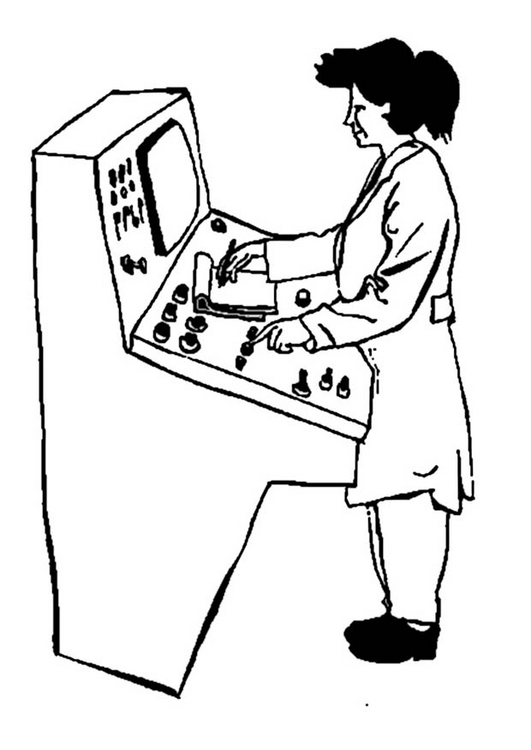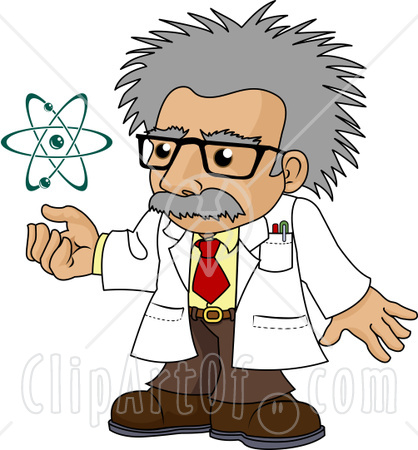One of the major problems in the way that forensic science is presented in Courtroom today is the use of the word “expert” and the very low threshold of what passes for one in court.

But first I ask you to imagine. Imagine that you go to a doctor’s office having previously given them a sample of your blood for routine analysis. You feel fine. The nurse comes into the room and gives you the worst news you can imagine, you have cancer. Wow! Then you ask questions such as: “What type of cancer?”, “What process was used for you to come up with this bad news?”, “What are my cancer cell markers?”, “Has it spread?” and “Is there hope and treatment?” but after each question, the well-intentioned nurse says “I don’t know, but you have cancer”. You grow frustrated, you want to see the doctor. You want answers. The nurse tells you no, that you cannot. However, the nurse says that you have to make an irrevocable decision right now based only upon that limited amount of information as to whether or not you want to undergo risky surgery immediately. Wow! On the one hand you think to yourself, better safe than sorry and you had better go through with the surgery. On the other hand, you think to yourself, there is nowhere near enough information to make this type of important decision. You think to yourself how unacceptable this situation is. It is not fair. It is not right.
This is precisely what happens in Court every day in America and the type of situation that we put jurors in every day. It is not fair. It is not right. But why does it happen?
There is a large demonstrable difference between a true credentialed scientist who has attained a PhD or in the case of a Medical Examiner a MD or in the case of an engineer a PE through a brick and mortar institution versus a machine operator. A machine operator is simply a person who is an expert in employing a checklist: an expert in pushing a button on a machine. This type of person is not an expert in anything beyond that checklist or that button. Whereas, a true credentialed scientist is someone who can explain the why. The why is the key. Examining and understanding in detail as well as viewing any situation with an ounce of skepticism leads to appropriate decisions. Limited or wrong data can often lead to mistakes in decisions.

The machine operator should not be allowed to present and certainly not interpret results in Court. The credentialed scientist should be the only one permitted to do so. Doing this will minimize the potential problem illustrated with the nurse with no answers analogy that I used above.
A machine operator does not necessarily understand the why. The ideas and the proofs of the underlying validation of the underlying method to achieve a result is not within their typical scope of knowledge. Why the steps exist at all, why the certain steps are included and why certain steps are in a particular order is of vital importance.
This distinction between machine operator and a credentialed scientist must be developed and exposed in every court case. No one should be allowed to testify beyond the scope of their professional knowledge and opine conclusions that are not properly founded in their articulation of the science.
The worst example is perhaps the most frequent form of this abuse on scientific truth. The most problematic presentation in the real world of this divide occurs in the example of the glorified traffic cop with a High School degree or perhaps only has a community college Associates’ Degree in Criminal Justice [certainly not in a hard science (i.e., biology, chemistry, or physics)] who one day literally wrote traffic tickets and either declared a desire or was identified to move into forensic work who was trained by other non-credentialed lay technicians mislabeled as “scientists” who they themselves were former traffic cops. It is incestuous non-credentialed and indeed generational spawning of under-trained technicians and machine operators that has literally nearly crippled the truth in American Courts. They are “worker bees” and non-technical lay people who have no scientific underpinning to be able to answer the why. The old adage is true. The worst type of danger comes from a man/woman who has a little bit of knowledge. It breads false courage.




Traffic Ticket Defense says:
Nice. You have a couple of great points The issue with the legal system is that it doesn’t always work effectively. It is a system failure and needs to be rectified.